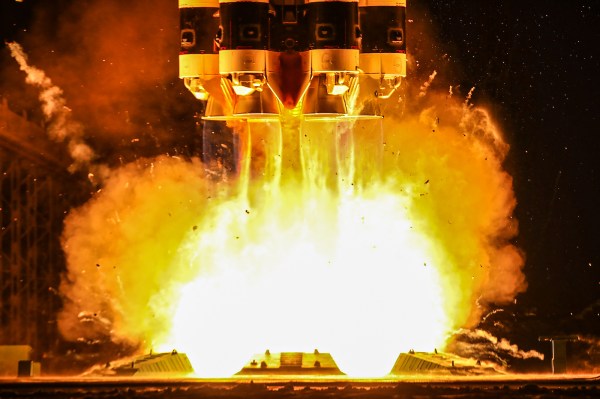Investors are excited about the opportunities in the space market that are being unlocked by exit events and continued interest and private investment in the biggest and most successful space companies, including SpaceX. During a TC Sessions: Space 2021 panel discussion on the growth-stage investment outlook for startups, Bessemer’s Tess Hatch, Sequoia’s Shaun Maguire and Hemisphere Ventures’ Lisa Rich shared their thoughts on the active year that just passed and on what’s coming next.
We’ve shared highlights from the discussion below, followed by a video of the full discussion, “Backing the Brightest.”
First, in terms of the year that just passed, SPACs obviously played a big role in space startups and generating liquidity for investors.
Hatch:
It’s bringing liquidity back to the investors that invested in those space companies years ago, I think looking back, Skybox, which was one of the first venture backed companies that had an exit was sold to Google for about half a billion dollars in 2014, after it was created in 2010. And not many venture capitalists were investing in space at the time, but they heard half-a-billion four years later— those are good ROI and a short time horizon for my LPs. Then basically every VC invested in one or two space companies, but from 2014 until this year, there weren’t many liquidity events in the industry.
Maguire:
You know, I think direct IPOs are still the gold standard, and a lot of the most marquee companies will try to do that. But SPACs are a very powerful tool in the toolkit, and it’s great to have another path toward liquidity. And in general, I think SPACs are better suited for deep tech companies than for like, enterprise SaaS companies, just where there’s oftentimes it’s hard to tell long-term stories with a traditional IPO process, whereas it’s much easier with SPACs.
We also talked about what areas of potential investment are of most interest to the panelists, and what they’re looking forward to in the sector for 2022 and well beyond.
Maguire:
If I looked at 2030, just between SpaceX, Rocket Lab and other launch platforms, I just think we’re going to, despite the last 40 years of the space industry underdelivering and moving more slowly, and not living up to the science fiction future we were all promised, I actually do think now is different. I truly believe that when you move innovation into the private industry, it’s just different than when it’s government doing the innovation. So I think when we look up in 10 years, we’re going to be blown away by what the world looks like, by the number of humans in space, by where we’re going, and I think we’re going to be getting close to some type of Mars colony.
Hatch:
I’m actively looking and investing. I think the industry at hand is unique sensors in space. And what I mean by unique, is we have a ton of companies looking at taking photos of the Earth, we have a ton of companies that are communicating and connecting the world and it’s up to an entrepreneur’s imagination on what the sensors may look like.
Rich:
It has to be with the business plan first. And so that’s always what it comes back to. It’s not just the team: It’s what is the model. So we’re seeing some smart models at Hemisphere Ventures that we think can be built out to be the next big things that we’ll all see in the public eye at some point. And I’m glad to see fewer people contacting me saying they’re going to build a rocket. I really am tired of the engineers that have dedicated their future to building rockets when we need so much more in this industry.

